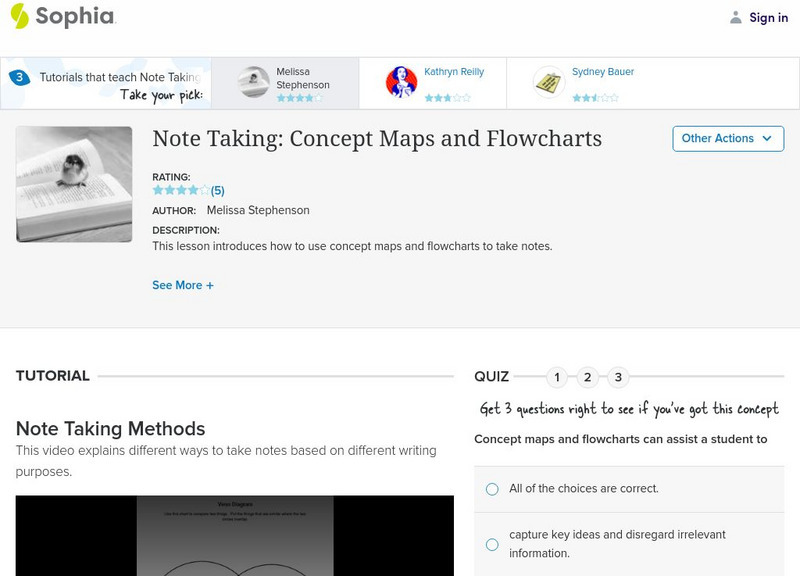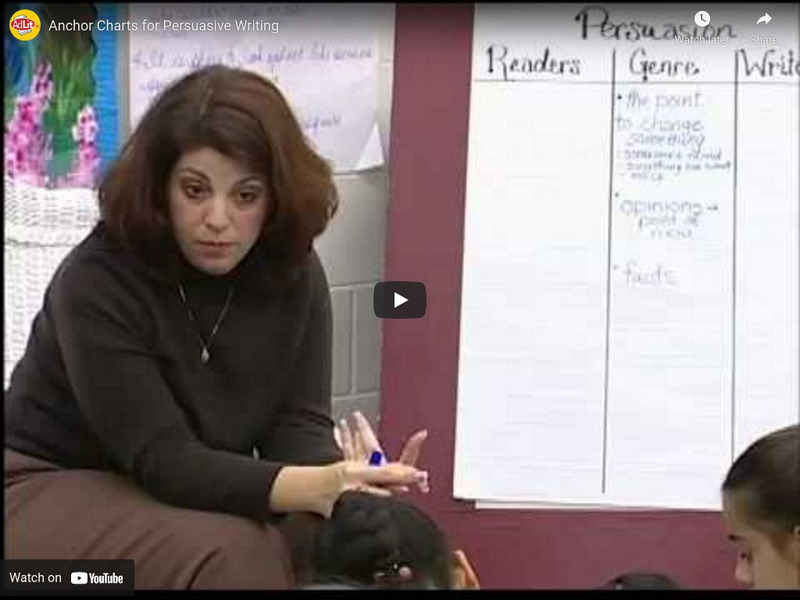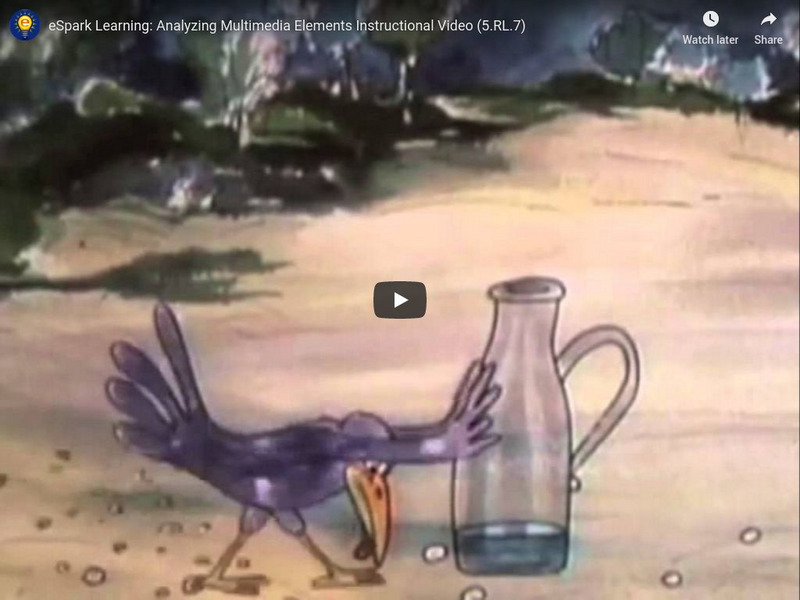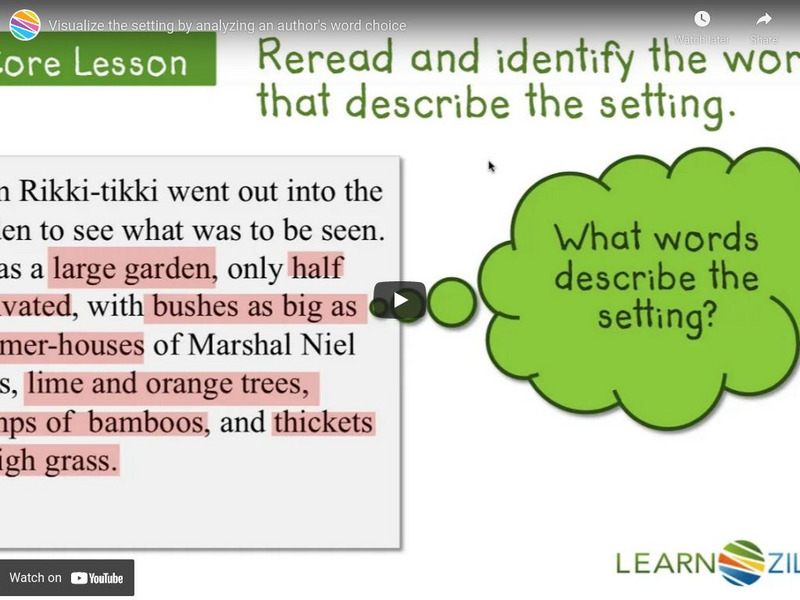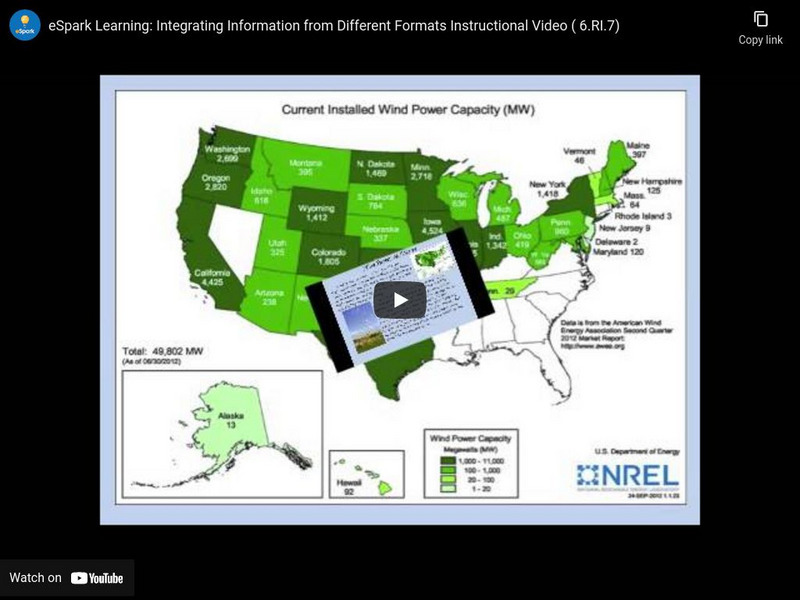Hi, what do you want to do?
TED-Ed
How Cosmic Rays Help Us Understand the Universe
You may not realize it, but the earth is constantly receiving messages from all over outer space. Follow along as this video investigates how these cosmic rays carry information that can help humans better understand the composition...
TED-Ed
Could Comets Be the Source of Life on Earth?
For thousands of years people have observed comets as they pass through the solar system, but could there be more to these celestial bodies than meets the eye? Watch this video to learn how these objects have recently been found to...
TED-Ed
Why Elephants Never Forget
They say elephants never forget, but why exactly is that? Find out with this enlightening video as it explains the neuroscience behind the amazing intelligence of these giant mammals.
TED-Ed
Where Do Genes Come From?
No, you didn't get your genes from the local clothing store. Learn where they really come from by watching this video as it explores how the genes found in all plants and animals today have arisen over...
TED-Ed
The Nurdles’ Quest for Ocean Domination
Nurdles aren't the cute characters of a new children's cartoon, they are the tiny plastic pellets slowly polluting the world's water supply. Learn all about these little trouble makers with this short video that explores the impacts...
TED-Ed
The History of the Barometer (and How It Works)
What started out as a simple experiment about vacuums, turned into one of the most useful tools for predicting weather. Learn about the circumstances surrounding the invention of the barometer and the scientific principals...
TED-Ed
Why Do We Pass Gas?
Flatulence is a fact of life. But what exactly is happening in our bodies that produces this excess gas? Find out with this entertaining, yet educational, video that explores the different types of bacteria that aid...
TED-Ed
Feedback Loops: How Nature Gets Its Rhythms
Explore the role of feedback loops in maintaining nature's delicate balance with this short science video. Introducing the concepts of positive and negative feedback, multiple examples are presented that explore the intricate web of...
TED-Ed
The Past, Present and Future of the Bubonic Plague
It may be startling to know that the same bacteria responsible for the Bubonic Plague in the mid-fourteenth century still exists today. But don't worry, this video examines the causes and effects of the Black Death, and why the disease...
TED-Ed
What Causes Antibiotic Resistance?
There are ten times more bacteria cells than human cells in the average person, and while many of them are helpful, there are some that can be deadly. This video explores the on-going battle between people and these microscopic...
TED-Ed
The Chemistry of Cold Packs
How can it take water hours to freeze, but a cold pack can go from room temperature to near freezing in an matter of moments? Find out with this short video that explores the endothermic reaction that make these modern marvels possible.
TED-Ed
What Happens When You Get Heat Stroke? sun stroke, homeostasis, body temperature
Exertional heat stroke is one of the three leading causes of death in sports, but with the help of this video young athletes will be able to avoid this life-threatening condition. Offering clear explanations of how the...
Nemours KidsHealth
How the Body Works - The Urinary System
This preview of the full-length video on the urinary system is not a waste! Though it's short, it succinctly introduces viewers to the roles of the kidneys, ureter, bladder, and urethra. A reading article, quiz, fill-in-the-blank, and...
Sophia Learning
Sophia: Note Taking: Concept Maps and Flow Charts
This tutorial focuses on the use of graphic organizers for note taking and prewriting. I offers a video showing various graphic organizers and their uses. It also provides a slideshow with copies of the same organizers covered in the...
Imagine Learning Classroom
Learn Zillion: Draw Inferences From the Text
In this lesson, you will learn how to make a valid inference by analyzing parts of a text. [5:27]
AdLit
Ad lit.org: Anchor Charts for Persuasive Writing
A mini video lesson on using an anchor chart to plan a persuasive writing project. At the end of the lesson the students have developed a powerful plan via a graphic organizer to guide them through their writing task.
eSpark Learning
E Spark Learning: Analyzing Multimedia Elements Instructional Video (5.Rl.7)
This eSpark Learning video aligns with Common Core Standard RL.5.7: Analyze how visual or multimedia elements contribute to the meaning, tone, or beauty of a text.
Imagine Learning Classroom
Learn Zillion: Visualize the Setting by Analyzing an Author's Word Choice
In this lesson, you will learn how to analyze an author's word choice by visualizing the setting. Login gives access to a slideshow and a student handout. [5:21]
eSpark Learning
E Spark Learning: Integrating Information From Different Formats (Ri.6.7)
This video discusses how to use nonfiction text features to better understand what is being read. [4:19]
Other
Vantage Learning: Signal Words
Explains what signal words are and what messages they convey. Discusses words that compare, contrast, or add information, and what to do when you encounter them. [3:22]


















